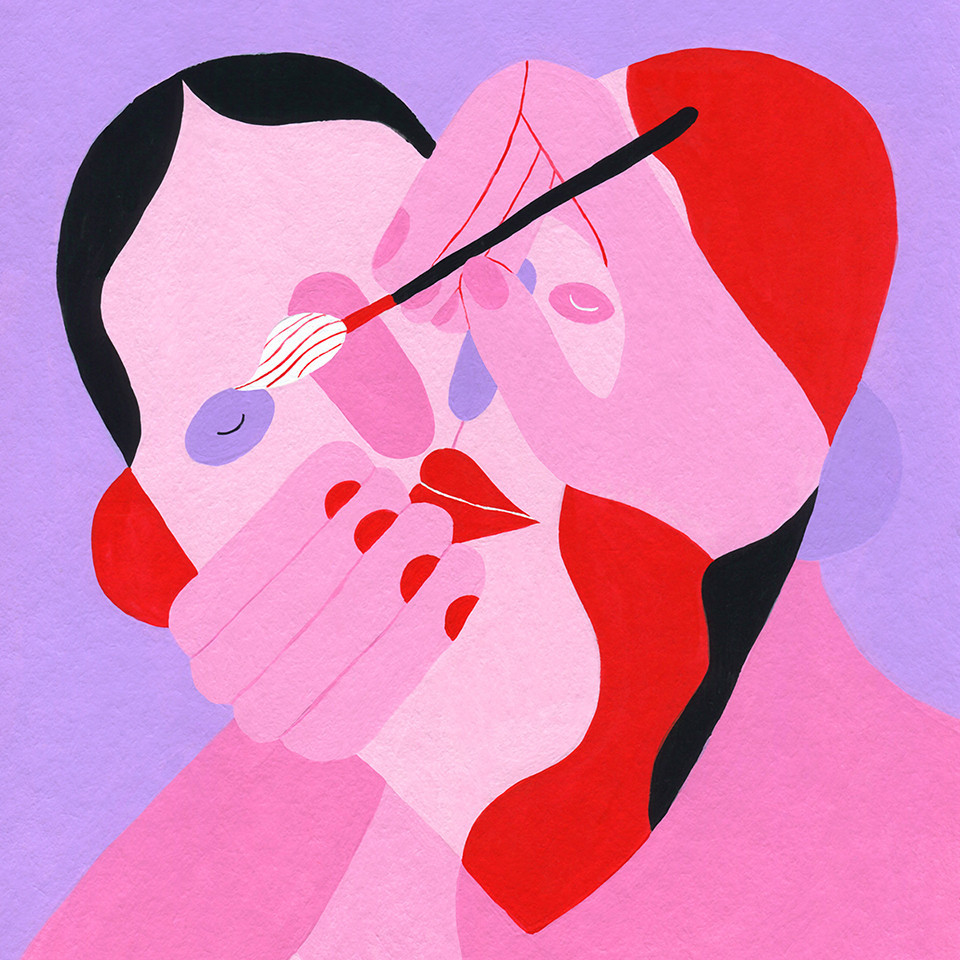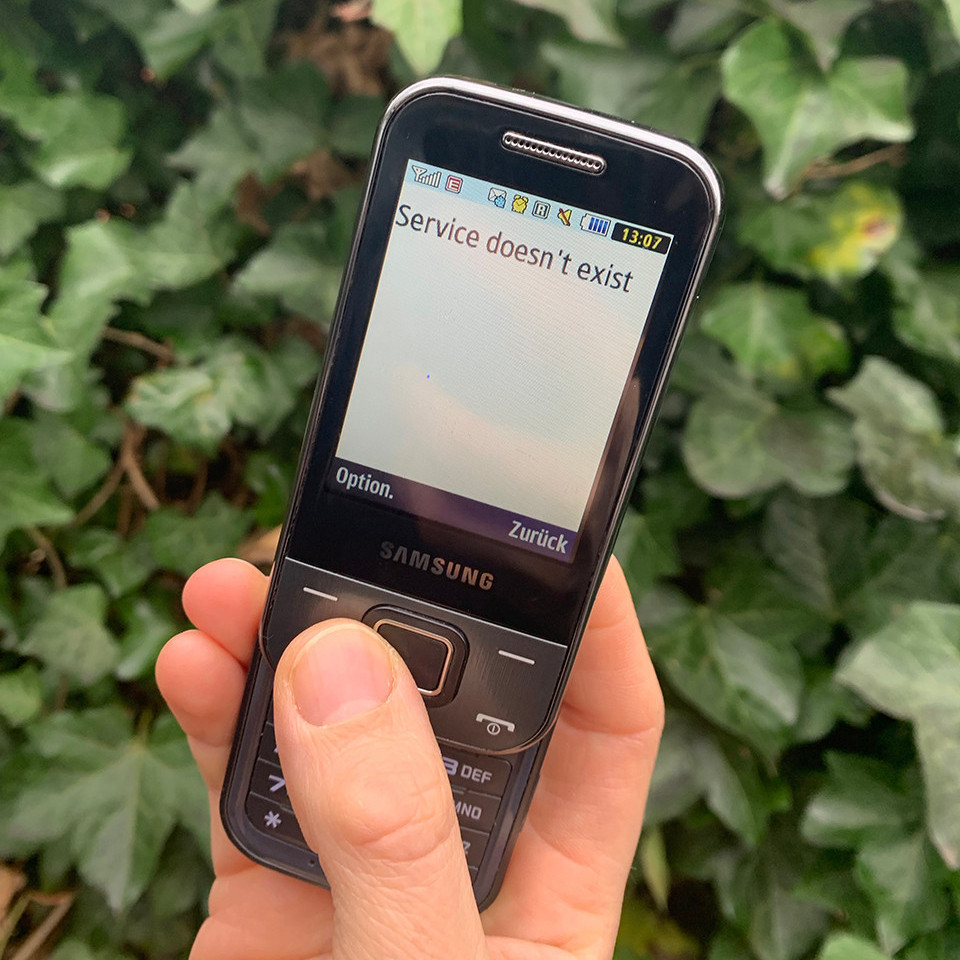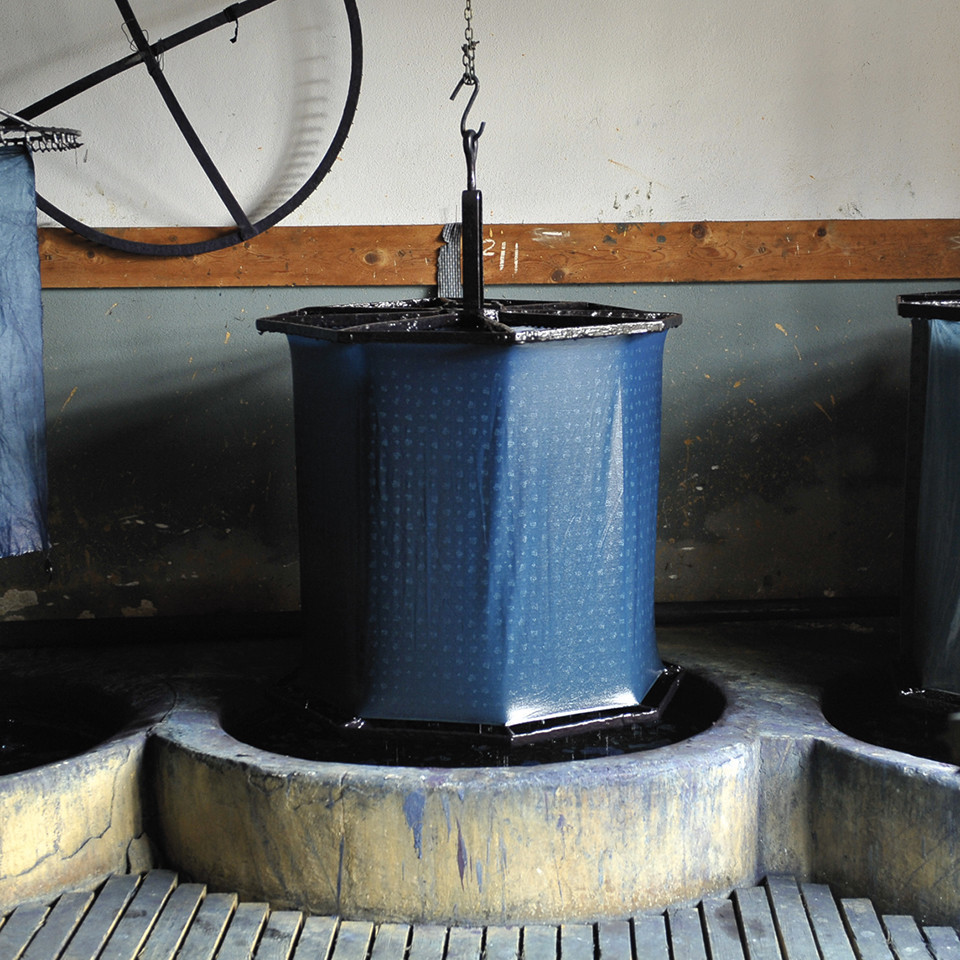
This text was published in HARD COPY 14 / Winter 2021
Problem? Challenge!
The concept is as old as the hills and has been anchored in European proverbs for centuries: making a virtue out of necessity. But today we know more – namely how this is actually achieved, how our brains can be stimulated by doing so and what a powerful role language plays in the process.
Is anyone still able to tolerate the word crisis? No. Sure, we know it’s there, that it might return or is set to continue. But blocking it out is futile – whether we’re dealing with climate change, the pandemic or our own private cri … um, worries, fears, needs.
But even with these three substitute words, it’s a feeling of discontent that is evoked, not energy or drive. So whining doesn’t help either. And in fact it’s an age-old truth: you can make a virtue out of necessity. Evidence of this idea dates right back to antiquity, and from the 16th century onwards the phrase is documented in the European language. Wow! Even then people understood what we’re realising now in times of corona and climate change: rather than deplore the situation, it makes more sense to reverse it into a positive. Not to allow the problem to drive you to despair, but to accept the challenge instead.
How to take on this positive approach, and not give way to frustration and despair? How can we perceive the glass to be half full, not half empty? In the past, this attitude was simply attributed to character: he’s an optimist, it’s just the way he is … But today we know more: like how the brain can be influenced from the outside by language, for example, and thus how we can influence it ourselves, too.
Anyone reflecting on half-full and half-empty glasses soon comes across the so-called framing effect. The image of the same full – or empty – glass is a prime example hereof. Psychologists, sociologists and social scientists and economists have been researching the phenomenon since the 1970s. What it boils down to is that different wordings of a message with exactly the same content will have different effects on the listener’s behaviour. This can’t be explained rationally, as each glass contains the same amount of water.
Anyone who has grown up pessimistically can become an optimist at any time or at least become more optimistic.
- There are endless examples of this: the mortality rate of ten per cent is frightening, yet the survival rate of 90 per cent highly reassuring. People may well shy away from the yoghurt with 20 per cent fat, when they will happily reach out for one that is 80 per cent fat-free.
So words hold power, triggering either unease and resistance or quite the opposite, e.g. motivation or euphoria. These linguistic tricks have long been known in politics, advertising, lobbyism. A company would never say “We’re not an agent of climate change”, as it’s the “agent of climate change” that would stick – and who doesn’t recall “Yes, we can!”
Framing effects can already be observed in small children, too. If we call out “Don’t jump!”, the child will initially miss the negation and effectively just hear “Jump!” Much better would be to call out: “Stop!”
But back to virtue and necessity: whether we go through life optimistically or pessimistically in fact has to do with our childhood. It relates to a basic sense of trust which we may have experienced (“It’ll work out!”) and with our role models. Way back when, did our father agonise: “Oh no, the circus only starts in an hour, how annoying – there was no reason to have left in such a rush!” Or did he announce with shining eyes that now there’d be time for an ice cream and to get the best seats? This perception and way of thinking influences us.
Anyone who has grown up pessimistically can become an optimist at any time or at least become more optimistic. The intermediate step: become more rational! Look at the situation quite realistically, rather than lapsing into the “oh no, oh my God, oh dear!” And then: look for the good. This means asking yourself sincerely: does this have advantages? Psychologists advise neo-optimists who are still practising to avoid spending time with pessimists, as they can crush their fledgling courage with their “anti” attitude and fault-finding. And courage, too, is a virtue that you need in order to recognise and seize opportunities.
Perhaps a small incentive in challenging times: optimists are not just happier, more satisfied and more successful, they also live longer. US physicians at Boston University were able to demonstrate this in a study two years ago. A clear case: bye-bye crisis mode – long live the positive message!
Text by Oda Albers
Past Stories
Copy












